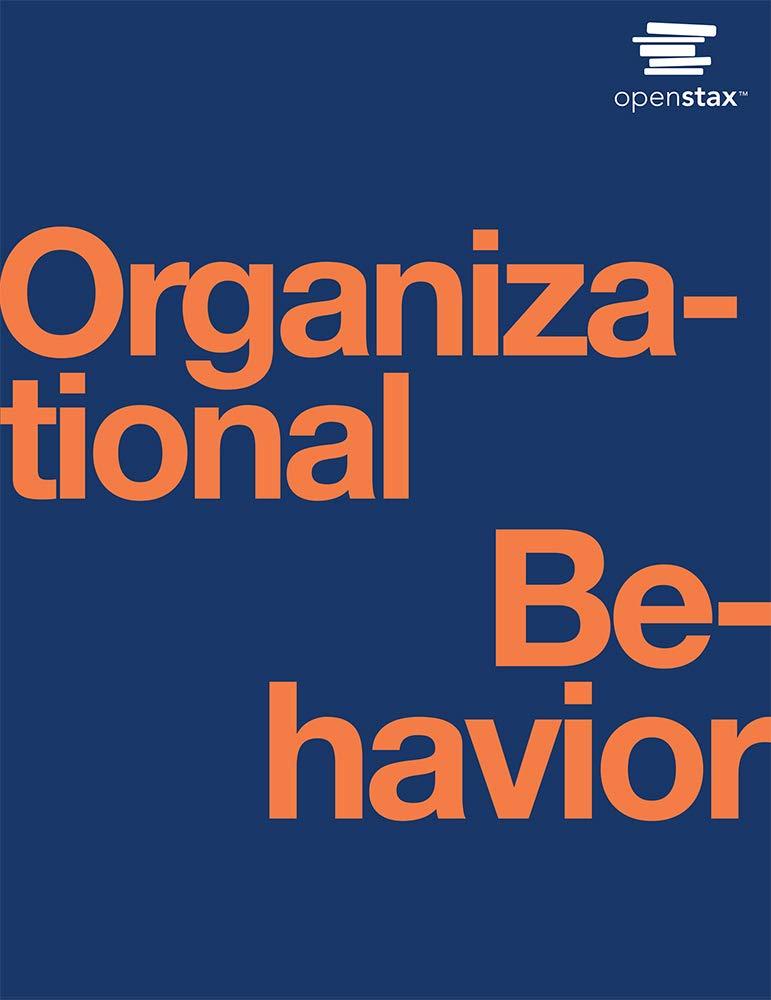Question
In a series of experiments comparing consumption of green and conventional products, psychologists Nina Mazar and Chen-Bo Zhong demonstrated that those people who bought green
In a series of experiments comparing consumption of green and "conventional" products, psychologists Nina Mazar and Chen-Bo Zhong demonstrated that those people who bought green products—like eco-friendly laundry detergent or organic yogurt—were less likely to share money with a stranger, more likely to cheat on a task in which they could earn money, and more likely to steal money when they thought they would not get caught. As the psychologists stated, "purchasing green products may license indulgence in self-interested and unethical behaviors. Mazar and Zhong, whose study received considerable media attention in their native Canada, as well as in American and British publications, said the results surprised them. Initially, they expected green products to provide a halo effect, whereby the positive impressions associated with green consumption would lead to positive outcomes in other areas. "Given that green products are manifestations of high ethical standards and humanitarian considerations, mere exposure [to them would] activate norms of social responsibility and ethical conduct," said Mazar and Zhong in an interview. But as the results indicate, the opposite can be true. "The message of this research is that actions which produce a sense of self content and moral glow can sometimes backfire," Mazar stated in another interview. These patterns have been shown to extend to other shopping scenarios. For example, one study tracked scanner data and shopper receipts at a California grocery store. Those shoppers who brought reusable grocery bags with them were more likely to buy environmentally friendly products, like organic food. But they were also more likely to buy indulgent products, like ice cream, cookies, candy, and cake. The researchers followed up this study with a series of experiments that showed these moral licensing effects only happened when the decision to bring the reusable bags was at the shopper's discretion. When shoppers were told that the store required customers to use cloth bags, licensing effects disappeared, and customers chose not to buy indulgent products. Only when consumers felt like using cloth bags was their own idea did the moral licensing effects hold.
The authors of the study, Mazar and Zhong, initially thought green consumption would have a positive spillover effect and encourage positive behaviors. Why they found the opposite?
What steps can be taken to help minimize or mitigate these types of moral licensing effects among green consumers? Explain.
Step by Step Solution
There are 3 Steps involved in it
Step: 1
The study conducted by Mazar and Zhong suggests that green consumption can sometimes lead to moral licensing effects where individuals having engaged ...
Get Instant Access to Expert-Tailored Solutions
See step-by-step solutions with expert insights and AI powered tools for academic success
Step: 2

Step: 3

Ace Your Homework with AI
Get the answers you need in no time with our AI-driven, step-by-step assistance
Get Started


